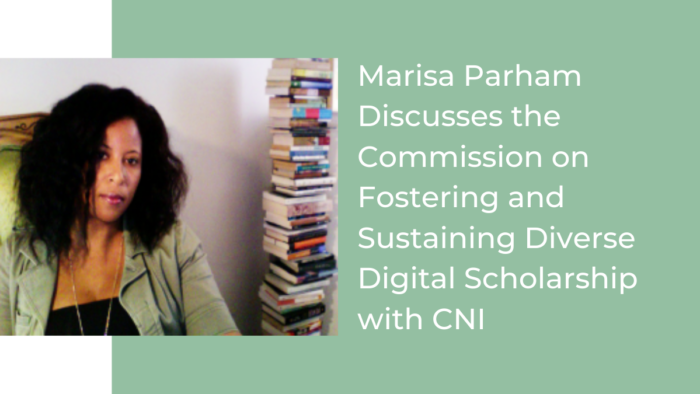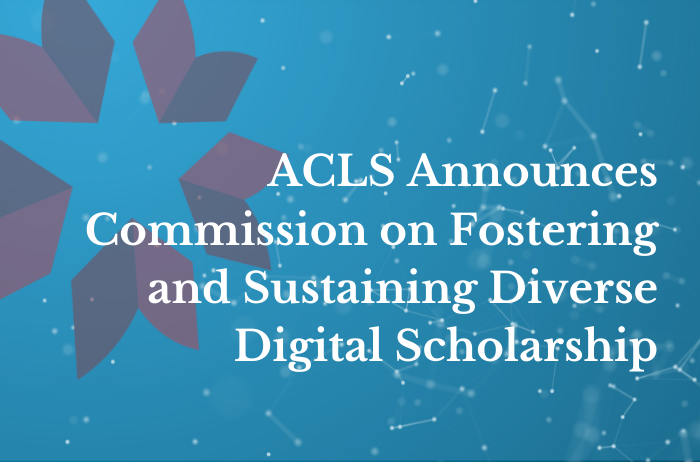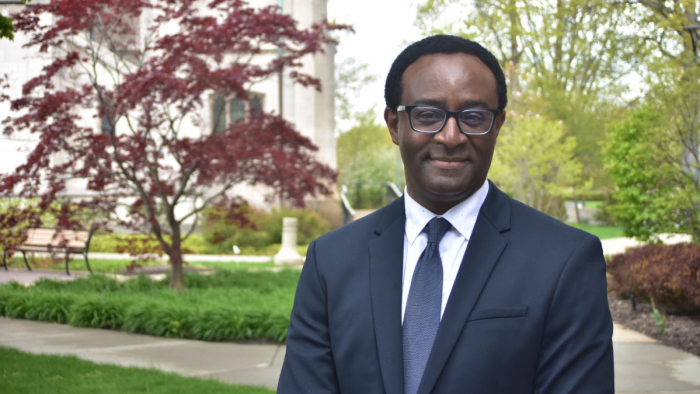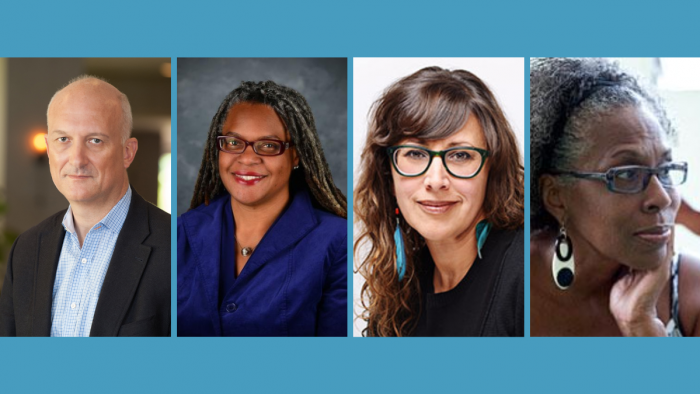

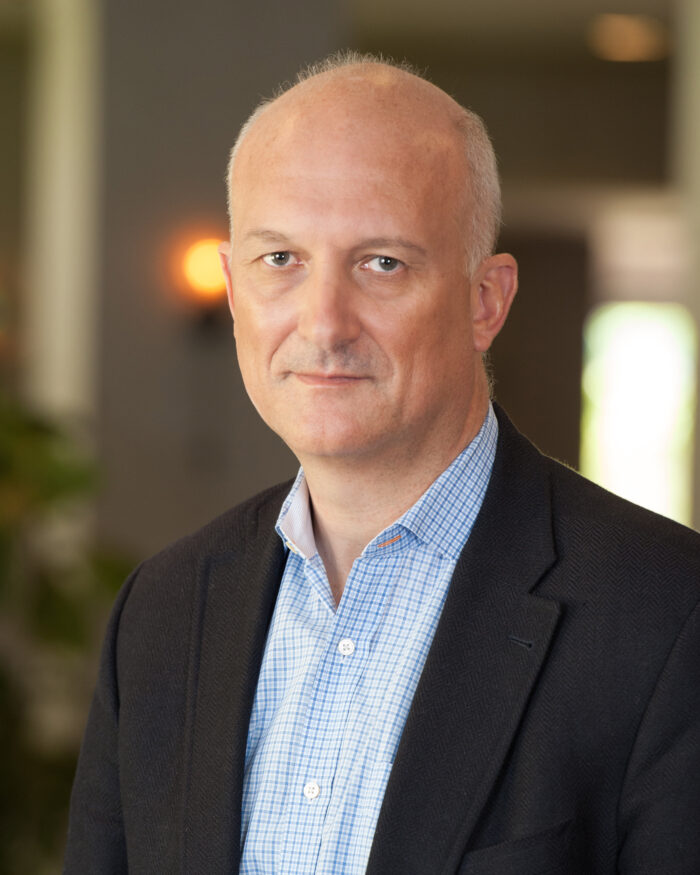
As society changes, the stories that are essential to our understanding of our history and our beliefs change as well. At the same time, the academic infrastructure for professionally supporting and rewarding this work stands, inadvertently and by its nature, as a bulwark to change. Field building in higher education is both an intellectual and a material activity; the longstanding structures of US colleges and universities were set in place more than one hundred years ago and the areas of study that were granted primacy then remain in place. While Black studies or other previously unrecognized explorations of humanistic study were able to attain a foothold in the academy beginning in the 1960s, the unexamined depths and variation of sources and topics has continued to expand. From indigenous studies to queer studies, immigration and refugee studies, to disability studies, from the vast and complex domains of Black, African, and African Diasporic studies to Latino/a/x studies encompassing different peoples and cultures, humanities teachers and scholars now find or build fields across humanistic disciplines—visual or performing arts, literary or media productions, realms of belief or political activity.
And increasingly over the past 25 years, the circulation of the stories that shape who we are has flowed through digital media. Longstanding frameworks—largely textual—for our stories have been surrounded by a swirl of other methods for capturing and conveying life-shaping narratives. This can be as true in biology and psychology as it is in history and literature; within humanistic fields, it is as true for studies of French Renaissance music composition as it is the use of cell phones and Twitter for capturing and studying the civil unrest around the police killing of Michael Brown in Ferguson, Missouri in 2014. The work of scholarship in a digital age grips longstanding social and institutional practices and structures and shakes them, sometimes rapidly. The place of technology is central in the telling of “other stories.”
And yet these field building activities and their digital methodologies are encountering a higher education system that is in a state of contraction, particularly in humanistic fields. Tenure lines and funding streams are limited. An environment of competition for diminishing resources is not one that welcomes new players and new needs.
The work of scholarship in a digital age grips longstanding social and institutional practices and structures and shakes them, sometimes rapidly. The place of technology is central in the telling of “other stories.”
Altering existing frameworks—like changing the physical infrastructure of mass transit systems, water pipes, and electrical grids—happens slowly and incrementally, even while the creation and use of vital new content that emerges in these frameworks is highly dynamic.
The Commission on Fostering and Sustaining Diverse Digital Scholarship was convened by ACLS at the behest of the Mellon Foundation and the National Endowment for the Humanities to draw a map for sustaining important new directions in the humanities that are repairing inequities in higher education and are created and distributed via digital methods. The overarching goal of the Commission is to ensure that this work thrives and reaches its growing audiences, now and in the future. For an upcoming report on the Commission’s findings and recommendations, (scheduled for release later this spring), the Commission drew on the extensive and diverse knowledge of its 21 members—who met in various configurations both online and in-person—along with the focus group and interview contributions of more than 120 scholars, librarians, technologists, publishers, academic administrators, funders, community archivists, and many others engaged in the work of digital humanities, reparative scholarship, and all aspects of scholarly communication from publication, to access, to preservation.
The Commission’s prevailing ethos has been one of pragmatic optimism. Individual participants, as well as the full group have certainly at times felt despair at inequities in society or racism and frustration with the state of digital infrastructure. But the report’s title, “Other stories to tell”: Recovery Scholarship in 21st Century Humanities, draws upon the guiding definition of Afro-futurism shared by Alondra Nelson as part of a group that coalesced around the optimistic hopes for technology in the 1990s. “Afrofuturism,” Nelson noted, “can be broadly defined as ‘African American voices’ with ‘other stories to tell about culture, technology and things to come.’” The recommendations of this report reflects the Commission’s entrepreneurial futurism—a reconciliation of an imperfect present with a better future.
James Shulman
ACLS Vice President and Chief Operating Officer
James Shulman has served as the vice president and chief operating officer of the American Council of Learned Societies since July 2018. Prior to joining ACLS, Shulman served as a Senior Fellow at The Andrew W. Mellon Foundation, an affiliate of the Berkman Center for the Internet & Society at Harvard University, and the founding president of Artstor. He received his BA and PhD from Yale in Renaissance Studies; his most recent book, The Synthetic University: How Higher Education Can Benefit from Shared Solutions and Save Itself was published by Princeton University Press in October 2023.

